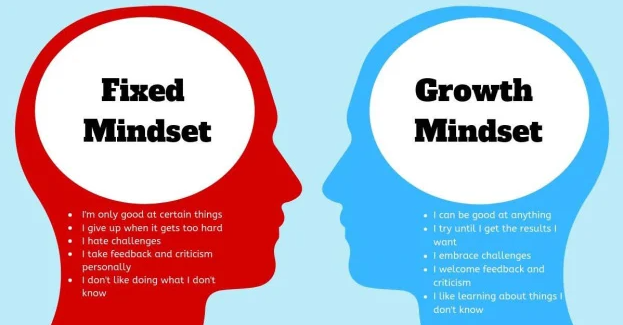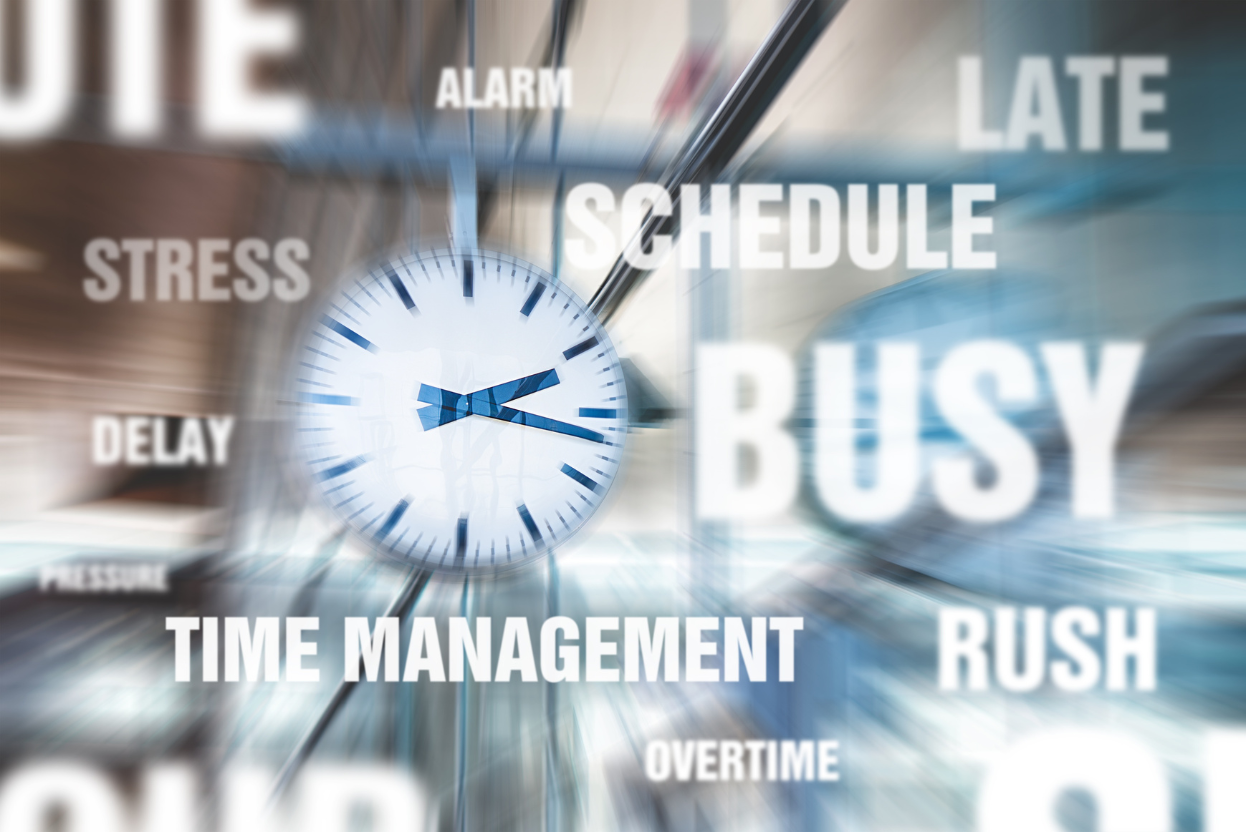Most people want to be more effective in life. Even if you aren’t obsessed with your performance, you have to admit you’d like to perform well in life and work. Being effective is a good thing.
On our quest to be more effective, many of us look to concepts like productivity, time management, and gaining more knowledge. These are all good things – but many of us overlook one of the most important aspects of performance:
Mindset.
There are two primary mindsets we are driven by: a fixed mindset and growth mindset. In this post, we’ll examine:
- The difference between fixed and growth mindsets
- How a growth mindset makes us more effective – in life and work
- The keys to developing a growth mindset
The Difference Between a Fixed and Growth Mindset
Growth and fixed mindset have everything to do with what we believe about growth, development, and how we approach challenges.
Those driven by a growth mindset believe there’s no concept they can’t learn, no challenge they can’t overcome, and no trait they can’t build.
Those driven by a fixed mindset struggle to believe they can learn new things, are reluctant to take on new challenges, and think their abilities are immutable.
Fixed Mindset
Those with fixed mindsets tend to be low performers. They believe:
- They’re only good at certain things. Developing new skills is next to impossible and improvement is only possible for other people – not them.
- Change is a threat. New challenges and big changes threaten the status quo where they’ve grown comfortable.
- Feedback and criticism are personal. They struggle to receive feedback and criticism – and typically take it personally.
The fixed mindset leads individuals and teams to plateauing over time.
Growth Mindset
Those with growth mindsets tend to be high performers. They believe:
- New skills are attainable. They believe in their ability to grow, learn new things, and build new skill sets.
- Challenges are opportunities. They look at opportunities and change as opportunities to grow and overcome. They embrace the unknown.
- Feedback is for their benefit. They welcome feedback and criticism, knowing it will help make them more well-rounded and effective.
The growth mindset leads individuals and teams to make continual progress over time. They perform better and more effectively – in life and work.
Experience the Benefits of the Growth Mindset
You may be reading this and thinking, “I’m not sold on the growth mindset. I’m pretty happy where I am.”
Maybe the ideas of “being effective” and “performing better” are a bit vague for you. Here are some tangible benefits that often result in people with a growth mindset:
- Higher Pay. Those driven by a growth mindset often perform better at work are more likely to be promoted and make more money.
- New Opportunities. High performers tend to have more doors open to them and new opportunities presented.
- Job Protection. In this new age of work where automation and AI will begin to make many jobs irrelevant, you’ll need to be able to develop new skills to keep relevant.
- Healthy Lives. Learning new things keeps our minds engaged, which helps keep us healthy and our lives rewarding.
Developing a growth mindset can lead to a more full and meaningful life.
For organizations, developing leaders with a growth mindset within your teams and employees can have a dramatic impact on your culture.
Organizations full of employees driven by a growth mindset more effectively examine issues, respond swiftly to change, receive feedback constructively, show resilience, and pursue innovation.
Corporate trainings can help your employees develop a growth mindset.
How to Develop a Growth Mindset
The key to developing a growth mindset starts with understanding the root of our fixed mindset. Professor Carol Dweck outlines eight “fixed mindset triggers” that lead to negative behaviours like procrastination, passive responses, lack of focus, and giving up.
If we can become more aware of these triggers, we can better recognise when they’re at play and take the necessary steps to change our minds when it matters most.
The eight fixed mindset triggers are:
- Mindset Beliefs
- High Effort
- Challenges
- Setbacks or Failures
- Success of Others
- Comfort Zone
- Feedback
- Grit
Check out this blog to learn more about what it means to have a growth mindset, how to identify your triggers, and what growth mindset looks like in action.
The Neuroscience Behind the Growth Mindset
The growth mindset isn’t an empty motivational tactic – it’s rooted and grounded in neuroscience. Fixed and growth mindsets are formed in our brains. Developing a growth mindset in place of a fixed mindset is done by literally rewiring the brain.
The Rat Experiment

To test the growth mindset theory, some researchers did an experiment with two sets of rats. One set of rats were placed in an empty cage, while the other set was put in a simulating cage with puzzles and other rats.
After a few days, the researchers ran some tests on the rats. Those who were placed in the stimulating cages proved to be smarter. They were better at solving problems and learning new things than the other rats. Their brains even weighed more!
London Taxi Drivers

Another study performed on London taxi drivers shows that working hard on a particular task or skill can cause actual changes in the brain. London taxi drivers have to take a tough test before being licensed. Most spend years studying before taking it.
Scientists found that these taxi drivers who studied their streets so meticulously actually had a larger hippocampus (a brain structure found in the temporal lobe) than the London commoner.
Our brains are literally capable of growing. And we are more than capable of learning new things.






